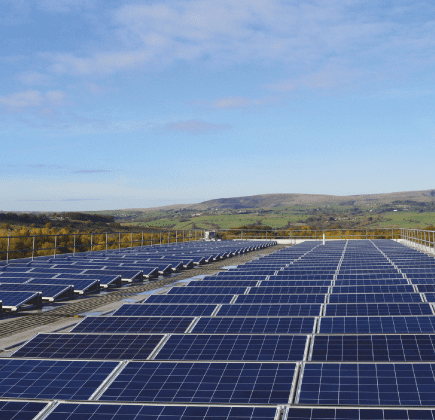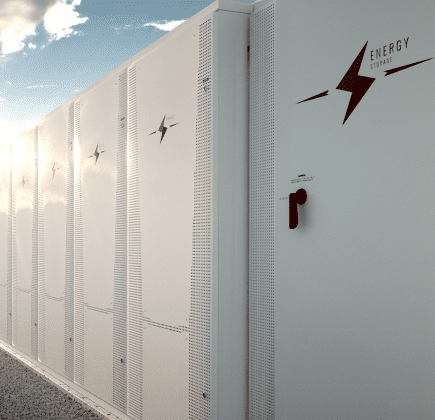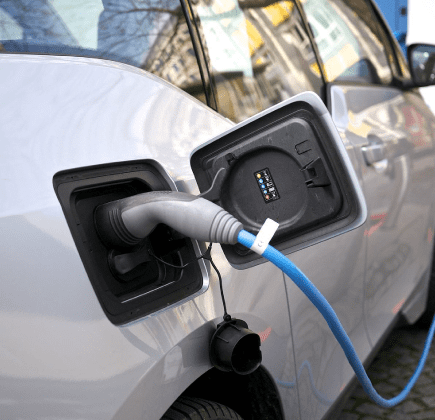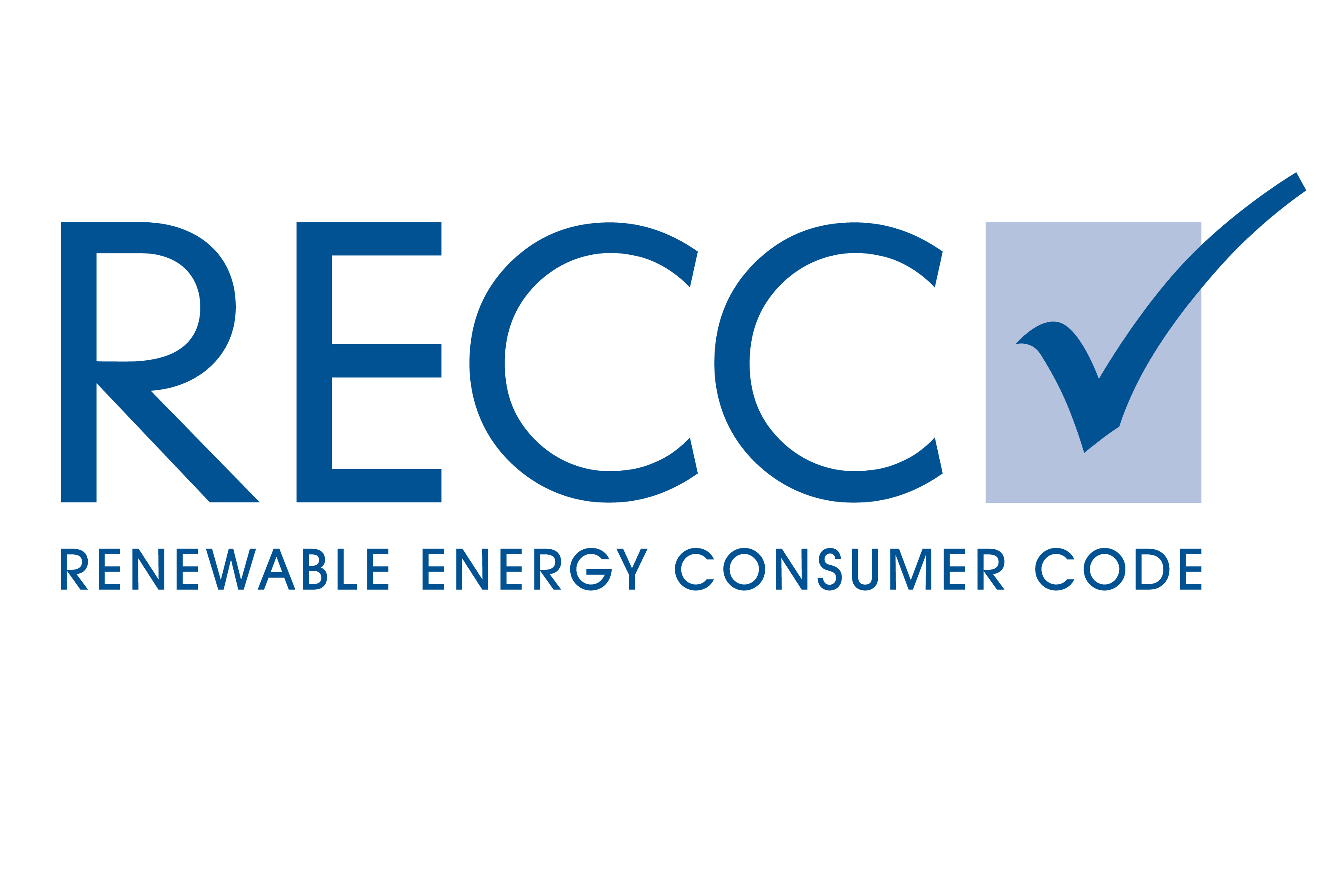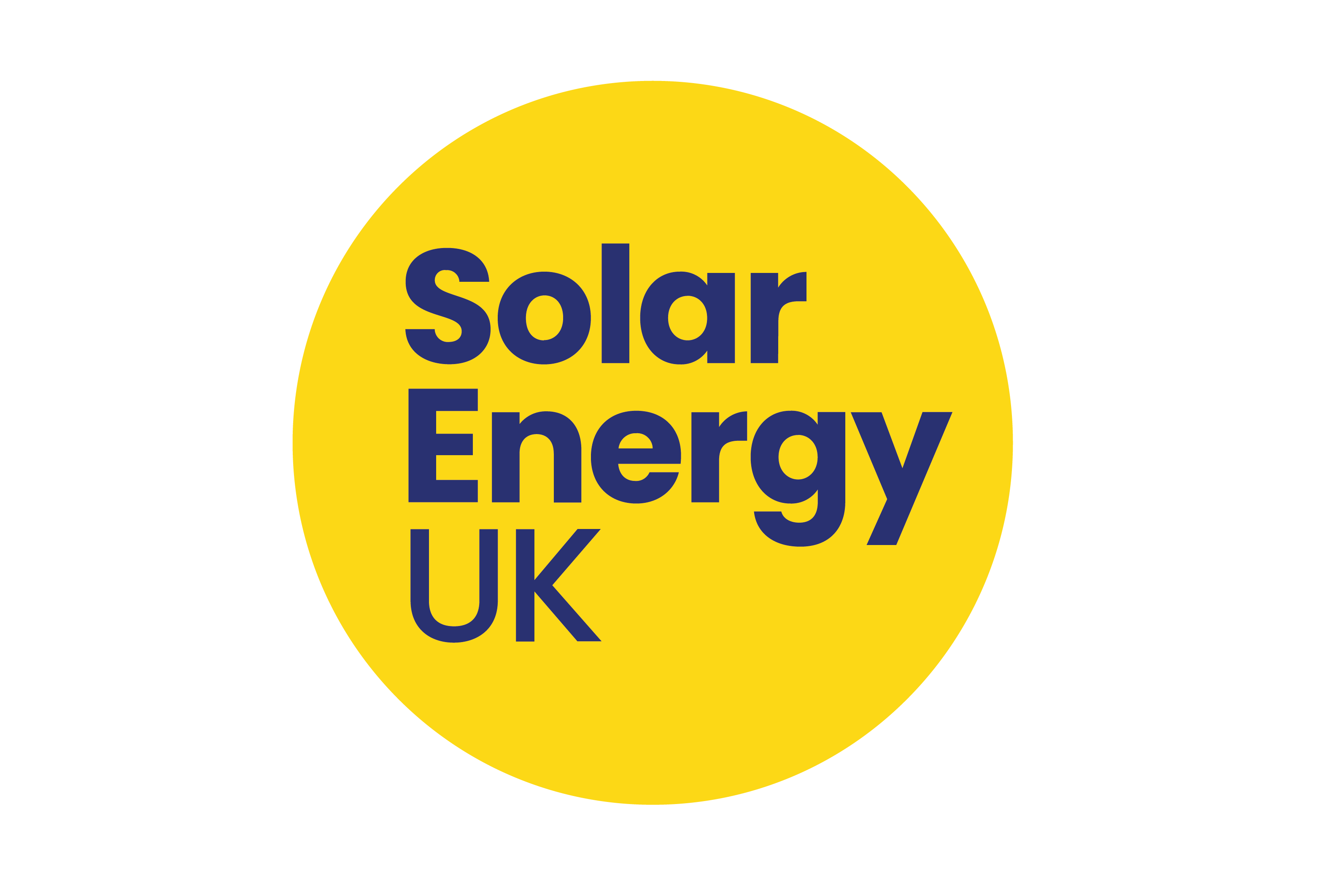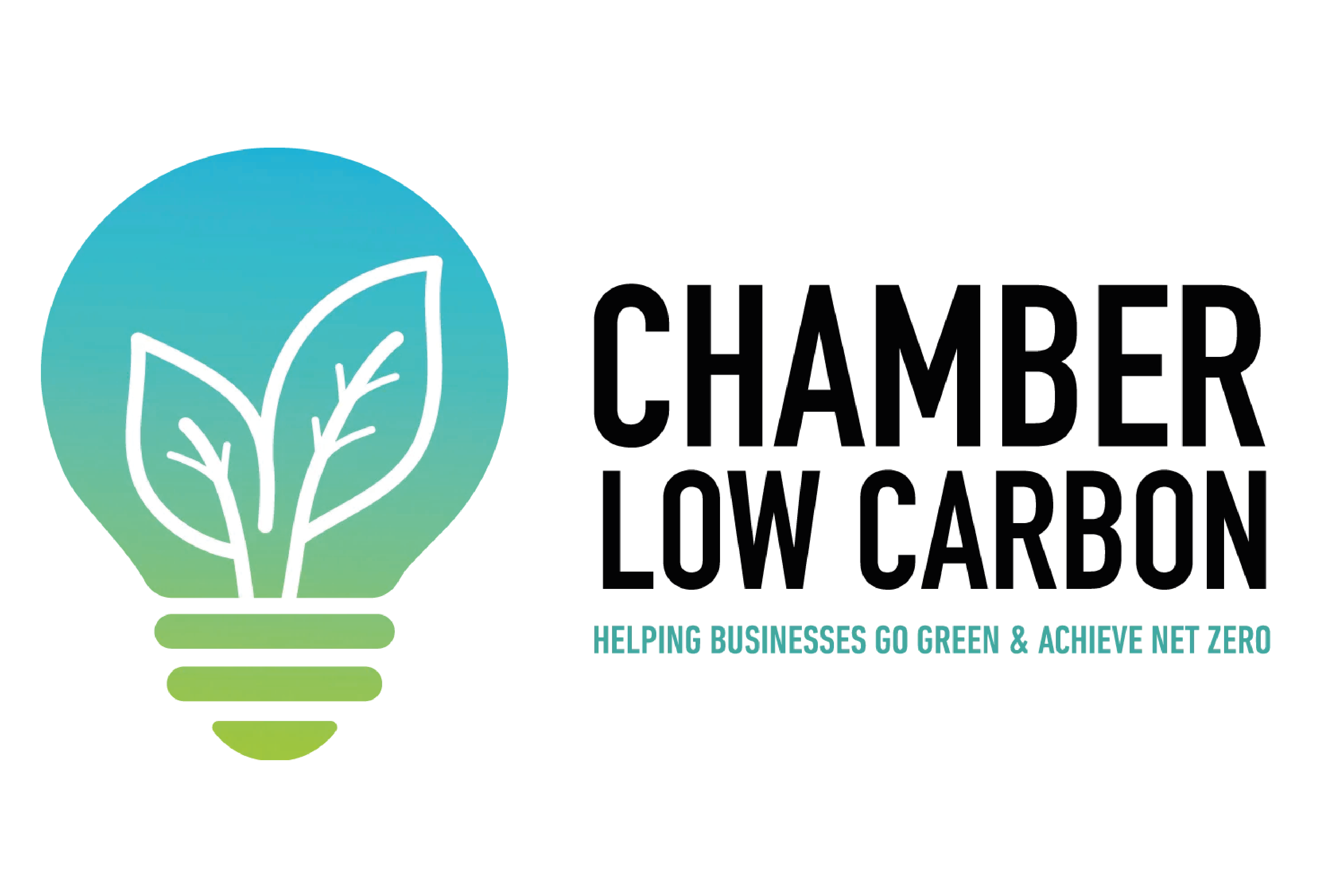
Blackout risks make energy security more important than ever
Just a few weeks ago, one of the biggest national headlines was the widespread blackout that affected over a million people across England and Wales. Two separate large-scale generators went down, and the official explanation has highlighted a lightning strike as being partially to blame.
National Grid officials have assured the public the incident was a once-in-a-decade event, but some industry commentators aren’t so sure. They think that it might be indicative of UK energy problems on a larger scale. This in itself is worrying for businesses, who are increasingly turning to solar panels to provide the energy security they need. So what exactly happened?
What was the cause of August’s blackout?
The National Grid says the power cut was mainly caused by the sudden loss of two large power generators, namely Hornsea offshore wind farm, and Little Barford power station. The failures occurred independently of one another, but were both associated with the same lightning strike. As a result, over a million people were affected by the power-cut, which had a major impact on homes and the transport network.
300,000 people were estimated to be affected in London alone, and the power cut also affected the Midlands, South East, South West and North West of England, as well as Wales. (Here in the North West, we were lucky to avoid it!) Underground trains and traffic lights were seriously affected, and many underground commuters had to make their way to their trains completely in the dark, finding their way only by light from their phones and that of transport staff.
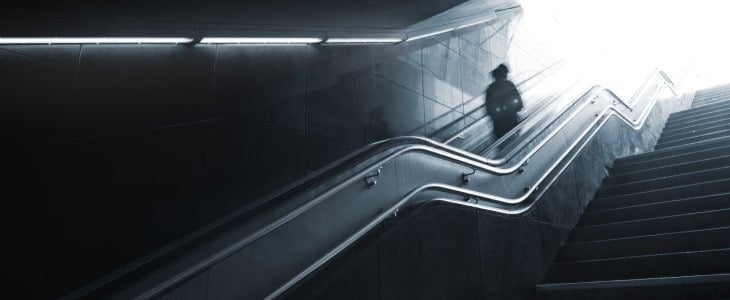
A sign of wider problems with the National Grid?
The official government regulator, Ofgem, has opened an investigation into the National Grid, and while the lightning strike remains the official cause, some industry commentators are wondering whether this signifies deeper problems for the National Grid, which may be suffering from a lack of investment in recent years. For others, the underlying concern is the relative likelihood of another such event. While that’s a scary enough prospect for homeowners, it’s especially worrying for businesses, who could stand to lose significant amounts of revenue. Power cuts almost always have a severe impact on the productivity of individual businesses, which ultimately affects their bottom line. As a result, energy security is becoming an increasingly high priority.
What can businesses do to protect themselves?
Happily, energy security is something we’re in the business of helping to provide, here at Low Carbon Energy. Commercial solar panels provide an excellent way for businesses to generate their own electricity on site, decreasing reliance on the National Grid – protecting against the lost productivity that power cuts can inflict. Since summer is ending (rapidly, if the constant clouds are any indication), we sometimes get customers wondering if solar panels are worth the investment given the weather we get for the rest of the year. (If you’re wondering whether solar panels still work on cloudy days, the answer is – yes!) What’s more, if you invest in battery storage, it further decreases your reliance on the National Grid – which can soon start providing you with long-term savings, as well as guarding your business against the possibility of a disaster further on down the line.
With 20 years of knowledge and experience here at Low Carbon, we’ve got the skills and expertise to deliver a solar PV solution that’s perfect for your business – so why not get in touch today? Feel free to give us a call on 08456 808 963, and we’ll be happy to see how we can help!
 Energy Technology
Energy Technology

Powering your present. Preserving your future.
Call us on 01282 421 489

strategy be a priority?

